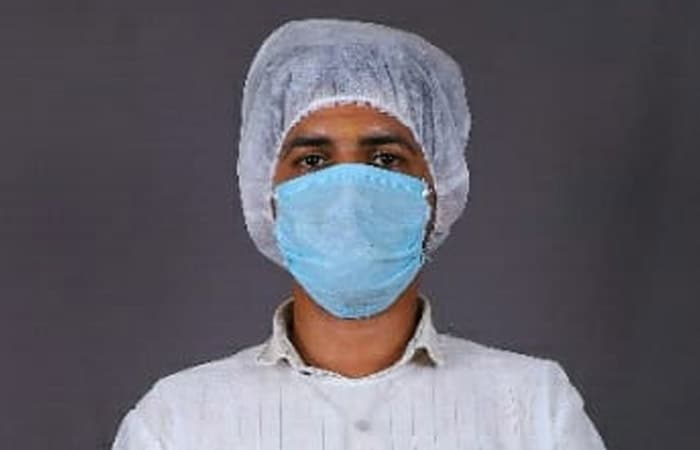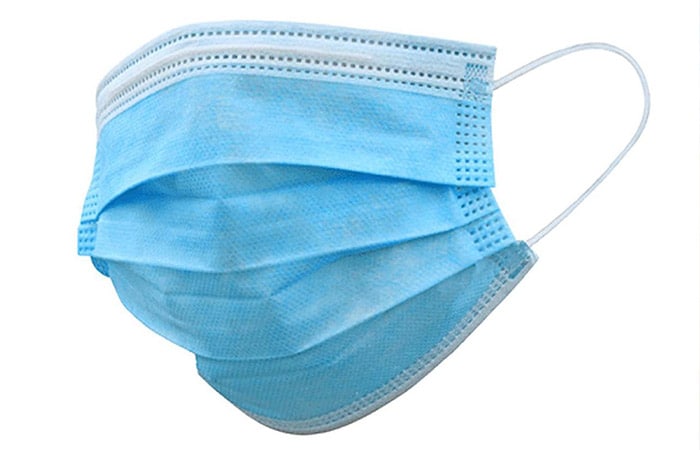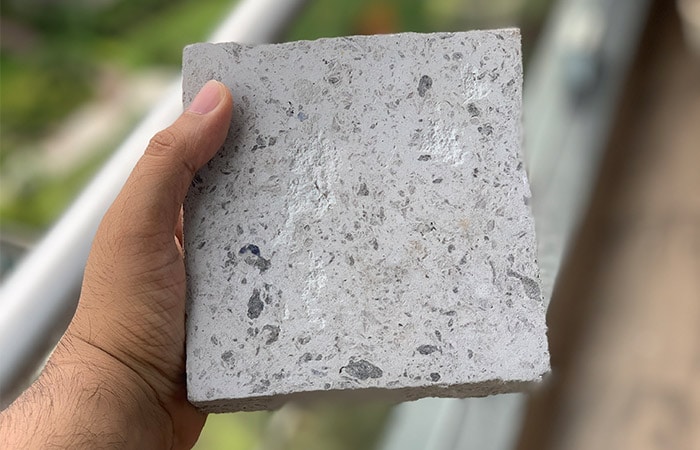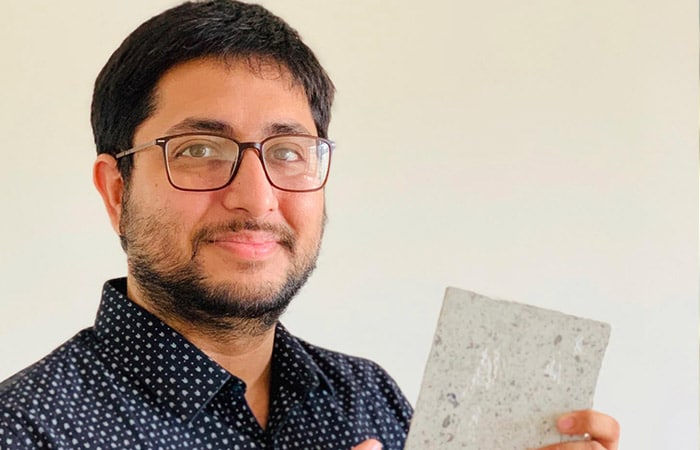Remember The Face Mask You Tossed In A Dustbin? This 27-year-old Has Converted It Into A Brick
Meet 27-year-old Binish Desai, a PhD holder in environmental science and technology, social entrepreneur and Chairman of E.E. Tech Group who has been working on waste management for almost two decades now. Starting out at the age of 11, the waste warrior introduced the idea of making bricks using waste. At 23, he turned his idea and dream into a reality and developed P-block bricks made out of waste produced by paper mills. Now at 27, Mr Desai has presented an upgraded version of P-block which contains COVID-19 related bio-medical waste.
-
The Idea Behind Recycling Bio-medical Waste
'Face masks are a part of the new normal and they are adding to the plastic pollution. The idea was to manage the waste by the way of recycling and utilise it for something better. We have used three things - masks, head cover and certain types of body suits of personal protective equipment (PPE) which are made from non-woven fabric', says waste warrior Binish Desai while speaking to NDTV. -
Process Of Converting Bio-medical Waste Into Bricks
As per the guidelines of the Central Pollution Control Board (CPCB), the collected waste is left untouched for 72 hours, followed by disinfection and then it is processed into bricks. Bio-medical waste is mixed with paper waste using a special binder. -
How Much Bio-medical Waste Is Utilised In The Making Of Eco-friendly Bricks?
The bricks are made by recycling 7 kgs of waste (bio-medical and paper) per square feet. Each brick has 52 per cent of the PPE and face mask waste, 45 per cent of paper waste and 3 per cent of the special binder. -
How Are These Bricks Different From Regular Bricks?
Mr Desai claims that P-block 2.0 is lighter and stronger than the older version of the recycled bricks and can be used for any kind of construction. Along with this, bricks are eco-friendly, recyclable and low cost - priced at Rs. 2.8 per brick versus a normal brick at Rs. 4. -
What's The Way Forward?
The innovation has already received required certification from a government accredited lab that backs its strength. For the manufacturing of P-block 2.0, the infrastructure and required machinery is in place and the manufacturing will begin from September.





